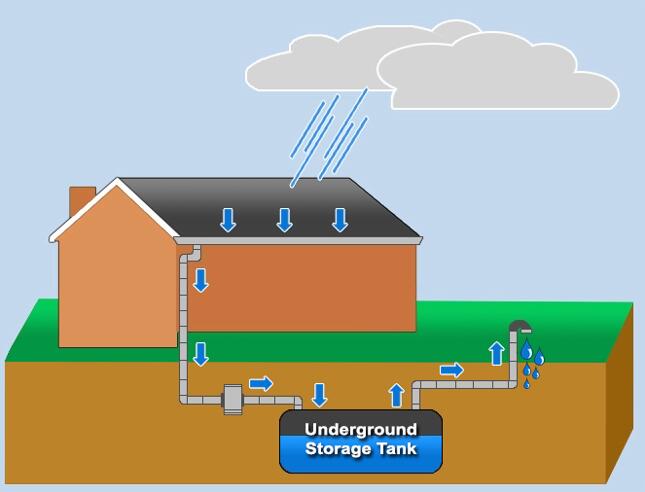3 Things You Need To Know About Off Grid Water System's and How To Make Your Own!
Meet Chris Burns
This is how Chris Burns made his own water system for clean, fresh water for his family in about the time it takes to assemble an IKEA chair…
Most Of Us Take Water Completely For Granted…
Water is the ultimate resource and is required for the body to function normally.
As it is a valuable resource, it may make sense to look at the alternative to living in a suburban environment.
If that is the case, then consider living off-grid.
However, after getting the off-grid property and challenges will unexpectedly come up, a lack of water should be on that list.
This article will go through the all-important information you need to know early on in your Off-Grid journey.
Can You Live Off of Rainwater?
If catching rainwater is a complete alternative to using a good system or other kinds of systems?
The answer is that it's okay as an additional water source, but it won't work on its own for a long-term situation if you run a farm or something of that nature.
It also depends on how much you can get in a season to work as an alternative water source.
At most, it can be useful during the late Winter and early Spring months.
If you run a farm and need extra water to fuel and sustain your animals, then the rainwater you get could be suitable for drinking water for your animals and possibly watering plants.
Other things to consider would be to fortify where you will put the water catchment system by putting some foundation down.
If possible, have more than one rain catchment system working if something does happen to the other.
Did You Know...
What basic equipment is required to make a DIY off-grid water system?
If you do decide to go off-grid and start building up your home from scratch on almost untouched land, that is hard work that will give you immense satisfaction.
There are three options for water, which include, A rainwater catchment system, a well, and a water pump.
With these options, there are various ways of creating each system but, some may be more expensive than others, and even if it's done DIY or through a service that drills water for you, it can all be done on your time and budget.
What Costs Are Involved...
The upfront cost of a rainwater harvesting system depends on the volume of water you choose to collect and its planned use.
The simplest form of rainwater harvesting system includes installing a water butt and linking it to your gutter system with tubing or external downspouts.
The rain is collected in the water butt and used to water gardens, lawns and plants.
More complex systems can store water for household use but the equipment being used must include filters and other features that will make the water potable.
This means the water is made safe for use in the home and can even be safe to drink. The major benefit of rainwater harvesting is that as well as being low cost, rainwater is naturally clean and soft.
How Much Does a Complete Rain Water Harvesting System Cost?
A complete rainwater harvesting system for a typical single-family home will generally cost between $8,000 and $10,000.
The single largest cost in a rainwater harvesting system is the storage tank.
As expected, the cost of a tank depends on its size and construction material
Is It Cheaper If You Build One Yourself?
The cost of a professionally installed Water System can cost around $10,000.
To build one yourself can be as little as a couple of hundred dollars, with the right 'know-how'.
Many people might have misconceptions about building a Water system because you are taking a step backward in technology.
It means that you may also be taking a step back in living conditions.
That is not the case, and if you look at it as a step backward, you are limiting your own perceptions of what is possible.
Want to learn how to build your own water system? Click here.
© Built with OptimizePress.




